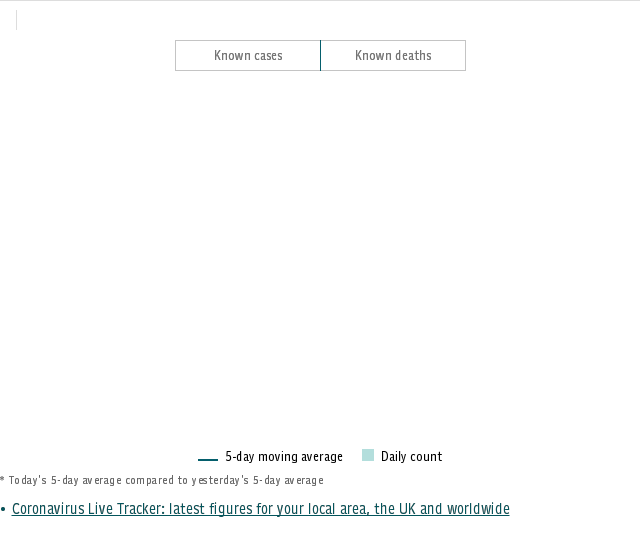Schools outbreak jeopardises Israel's emergence from strict lockdown

An outbreak of coronavirus cases in schools has jeopardised Israel's emergence from lockdown and reached all the way to Benjamin Netanyahu's office, after the Israeli Prime Minister came into contact with an infected maintenance worker whose illness was traced to a Jerusalem school.
The infected employee is understood to have contracted the virus from a close contact of a student at the prestigious Gymnasia Rehavia high school, where 160 pupils and staff became infected with coronavirus as classed resumed a fortnight ago.
Hundreds of new infections last week brought the country’s total to 17,706 coronavirus cases, with 292 deaths.
By Friday, a total of 92 educational institutions across the country were closed until further notice after detecting at least one case, with around 13,700 pupils and staff being told to self-isolate as a result.
The Israeli Education Ministry has so far stopped short of closing all schools and universities, as it did for two months from mid-March.
But Dr Asher Salmon, head of international Relations in the Ministry of Health, told the Telegraph that some secondary schools were only seeing 40 to 50 per cent of normal attendance rates as parents kept their children at home over health fears.

“We are not at the end of the first wave of the virus and still have many community-based spreaders of the disease,” he said. “I hoped that by this week, new cases would be in single digits, but instead we have had more than 100 each day, and many can be linked to schools.”
The fresh spike in infections has illustrated the dangers of reopening schools and offices in a country which had previously declared victory over the virus through the enforcement of strict lockdown measures.
It also raised fears that Mr Netanyahu may have to enter quarantine for a third time in as many months, after the infected worker adjusted the Prime Minister's microphone as he gave a speech on coronavirus last weekend.
The Israeli Prime Minister’s office said that an investigation was underway to establish if he had direct contact with the employee and would therefore have to self-isolate. By Friday, the results had not been released, although Mr Netanyahu attended public meetings as usual and appeared to be in good health.
Mr Netanyahu previously quarantined himself in March and April and was tested for covid-19 after separately meeting with an aide and a minister who both tested positive.
Having clung on to office despite three inconclusive elections and a looming corruption trial, last month he declared the country’s lockdown to have been a “great success story”, although he acknowledged the “heart-rending” loss of those who died.
As schools returned last month, children and staff were initially ordered to wear face masks and maintain strict social distancing. Pupils were limited to 15 per class, backed up by online lessons, but this soon proved “impossible” to coordinate and meant up to half of children remained at home, Dr Salmon added.
“We had a massive heatwave late last month and we gave up on the policy of mandatory face masks, and began allowing students back in greater numbers,” he added. “Now we are closing any school even if one case of coronavirus is found, but we will keep this under review.”
On May 26, Mr Netanyahu had heralded the return of most normal business, telling Israelis to go to restaurants and "enjoy yourselves." But by last weekend, the spike in cases led him to consider reimposing restrictions, while Israel's parliament suspended sessions on Thursday and asked non-essential staff to stay home after an MP tested positive for coronavirus.
Education Minister Yoav Gallant has nonetheless resisted calls to close all schools, saying the current infection rates do not justify doing so and saying to not finish the academic year would be “an irresponsible blow to students, parents and teachers.”
Dr Salmon said that officials had hoped that by this week, the numbers of new Covid-19 infections would be in “single digits”, but instead more than 100 new cases were being reported on average each day.
“It seems we still have a lot to learn about handling this virus,” he added.

 Yahoo News
Yahoo News 
